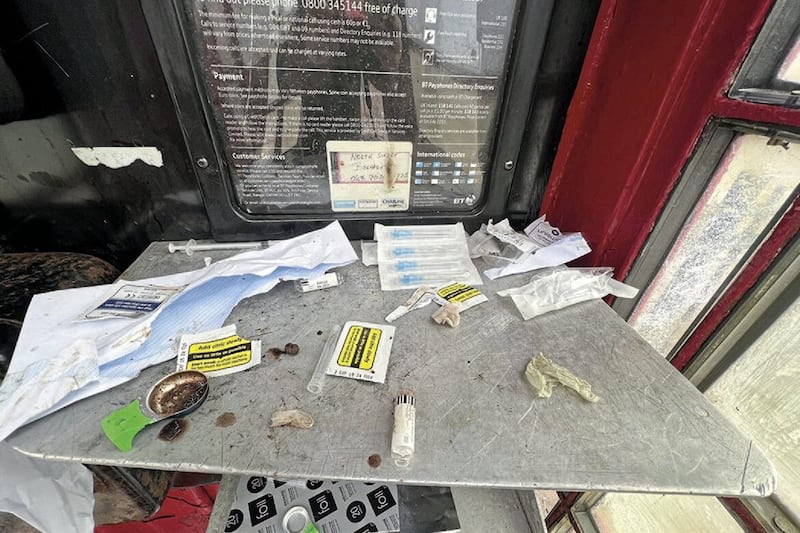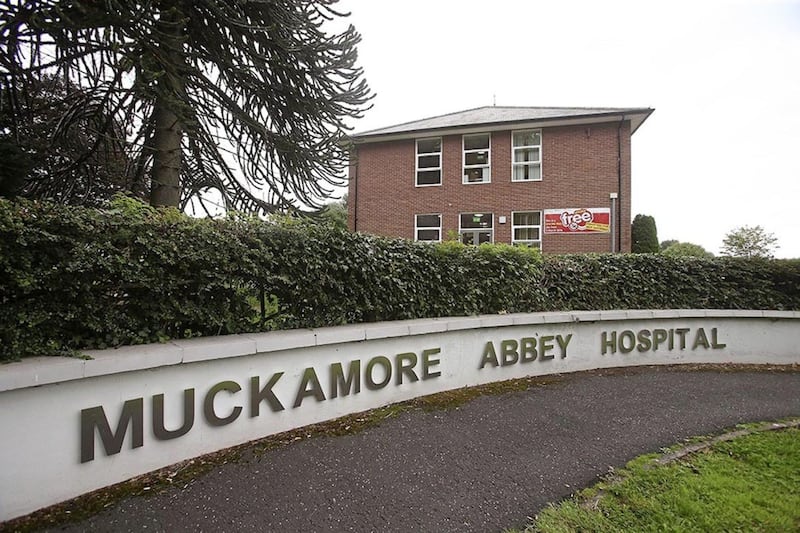Sometimes we don't know what we have until it's gone. For 227 years, the Linen Hall Library in Belfast city centre has been educating and entertaining people from across the north. Set up in 1788 – a decade before the United Irishmen rebellion – the library is still independent and still committed to the promotion of knowledge.
Over the years, the Linen Hall has weathered many storms, including city centre bombs and threats of closure. Politicians talk a lot about a shared future, about bringing the two communities together. But the Linen Hall has been doing this for decades, with little fanfare. Many years ago it had the foresight to begin a Troubles collection of posters, political pamphlets and other ephemera - the sort of thing that most people at the time would simply have discarded. That collection is now arguably the most important archive about our recent past. And the building is still one of the few, truly neutral public spaces in the city centre.
The Linen Hall is the last subscription library in Ireland, but you don't have to be a member to use most of its facilities. Often, people shelter from the rain in its doorway, or use the free WiFi, or sit in battered armchairs and read for hours. Last week, I spotted an elderly man slowly making his way up the stone steps at the front of the building, and settling himself in a chair for a quick nap. The building isn't shiny with banks of computer terminals. It has battered tables, some carved with the names of previous occupants, mismatched chairs, a café and, most importantly, shelves of books.
For the last 30 years, it has also provided a strong culture and arts programme, including regular lectures, shows and exhibitions. The current exhibition displays paintings inspired by the poetry of the late Seamus Heaney – a longstanding patron of the library. Most of its events and talks are also free. In the last few years, people have packed into one of the library’s little conference rooms to hear about everything from WB Yeats, to child emigration, and the Anglo-Irish writer Elizabeth Bowen. And the library has worked hard to keep itself relevant, hosting regular tours of the building and its collections and planning future events about new immigrant communities in the north.
All of this work sounds like the sort of thing that we should be proud of, the sort of thing that we should promote. Except now, following a cut from the Arts Council, no more shows, exhibitions or events will go ahead. Children's shows celebrating the 150th anniversary of Alice in Wonderland this summer have had to be scrapped.
Library director Julie Andrews told me that last year, the funding paid for a staff post and all the events. At least one job will now be lost and others are at risk – all this after the library was praised by the Arts Council for being good value for money.
"Because something's always been there and it's well established, people think it always will be there," she said. "For that reason, institutions like ourselves are slightly forgotten about."
The Linen Hall will now have to look at all possible ways it can save money, including cutting its opening hours.
In a time of austerity, the arts is usually an easy target. The library, a charity which relies on subscriptions and public and private funding, is among dozens of arts organisations which have been hit badly by reductions to their budgets. But if any organisation has proved its value, it's one which has lasted for more than two centuries.
Budget cuts have affected everyone, including schools, hospitals, and the most vulnerable members of our society. Of course we need money for essential services. But we also need to live.
When our cultural life suffers, we all do. We need places like the Linen Hall to remind us of who we are and who we used to be. Sometimes it is easy to forget an institution which has been on our very doorstep for centuries, an institution which would leave a void if it was forced to close.









